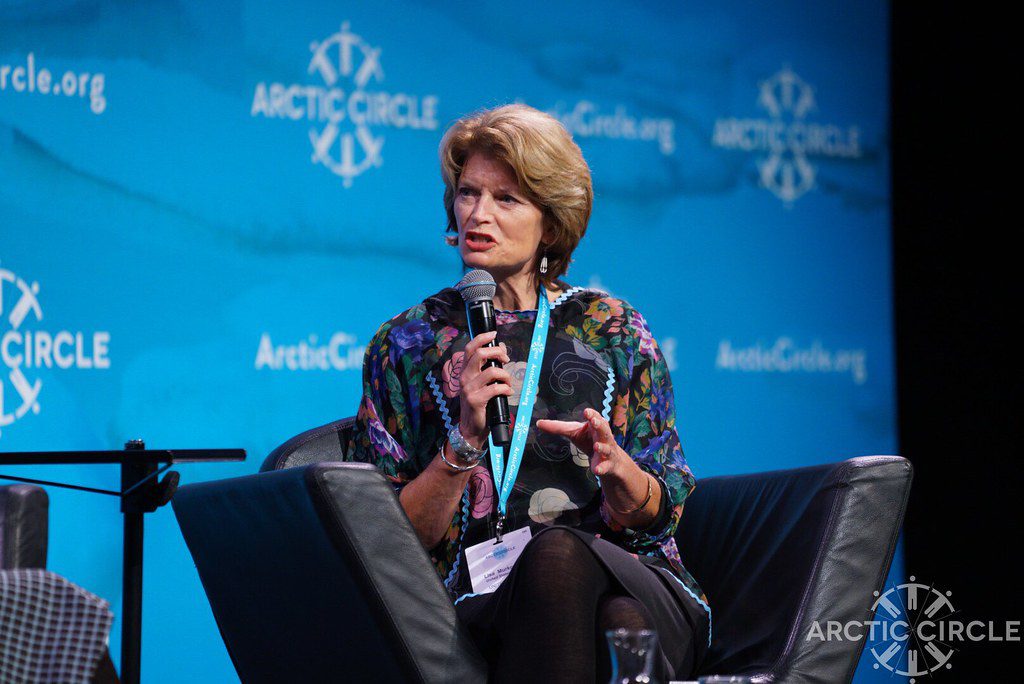Republican US senator presses Energy Department on seabed mining

A top Republican U.S. senator urged the U.S. energy secretary this week to provide information on the Biden administration’s strategy for domestic mining of minerals for electric vehicle batteries on the seabed floor.
Seabed mining is a new industry that backers say can supply many of the metals including nickel, copper, cobalt, and manganese for advanced batteries and other components in electric vehicles.
The Biden administration’s strategy to fight emissions blamed for climate change includes boosting batteries and electric vehicles.
But the United States has not ratified the United Nations Convention on the Law of the Sea, which means it is not a member of the International Seabed Authority (ISA), a U.N. body in charge of drawing up regulations before any mining can start. The United States has participated as an observer state in ISA negotiations over these regulations.
“Taking into account the uptick in demand one might expect as a result of your Administration’s goals to advance vehicle electrification, it is vital that domestic supply for these minerals be enhanced,” said the letter from Senator Lisa Murkowski to Energy Secretary Jennifer Granholm.
Murkowksi asked Granholm in the letter 02.09.22 – Letter to Granholm re Seafloor Mineral Collection (003).pdf if the administration is increasing the priority it places on U.S. ratification of UNCLOS.
She also asked Granholm how mining in the Pacific Ocean’s Clarion-Clipperton Zone would benefit the United States economically and strategically.
The Energy Department did not immediately respond to a request for comment. Granholm has said that the administration supports domestic, responsible mining.
Seabed mining, which involves extracting potato-sized nodules from the deep, has been getting increasing attention.
French President Emmanuel Macron has identified seabed exploration as an investment priority for France, highlighting the potential of gaining access to “rare metals” as well as a better understanding of marine ecosystems.
But many environmental groups oppose the practice, saying it will be harmful to sensitive marine life, including potentially to species that have not yet been discovered.
(By Timothy Gardner and Helen Reid; Editing by Matthew Lewis and Philippa Fletcher)
More News
{{ commodity.name }}
{{ post.title }}
{{ post.date }}




Comments